We include products we think are useful for our readers. If you buy through links on this page, we may earn a small commission. Here’s our process.
Want to finally get some dang Zzz’s, but you’re just not tired? One of the most frustrating sleep problems is having to get rest, but not feeling sleepy at all.
When you need to sleep ASAP but don’t feel drowsy, you may spend countless hours wide awake in bed. If counting sheep isn’t cutting it, here are a few ways to make yourself tired.
All your friends on social media who brag about essential oils may be onto something. Certain EOs have been associated with increased relaxation and better sleep quality.
Dab some lavender or damask rose oil on your wrists or pillow (after a patch test, of course, if you’ve never used it before), or add a few drops in a diffuser. It may just do the trick. But first, make sure you get the good stuff.
Want to wear yourself out so you feel tired? Exercising has been known to help us sleep better — just don’t do it too close to bedtime. If a sweat-fest doesn’t make you tired (it wires some people), try this muscle relaxation method.
Lie down and let your entire body feel heavy. Then practice tensing and releasing muscle groups from head to toe. Squeeze gently for about 5 seconds and then release each group (face, neck, shoulders, arms, etc.), one at a time.
A little namaste could help you get nocturnal. Yoga and meditation have both been shown to improve sleep, so moving around a little and making time to meditate could be a natural way to get those desperately needed Zzz’s.
Here’s a pill-free way to make yourself sleepy: Just turn down the heat, or turn up the air conditioner. Research has found keeping your room around 65°F (18°C) may help you fall asleep.
A warm shower or bath can also speed up your body’s natural tendency to get cooler at nighttime.
Think about it: Do you ever sleep well when you’re too cold or too hot? Heck no! If you’re wide awake and want to be in a REM cycle instead, try optimizing the temperature a bit.
A little breathwork may be just what you need to head off to dreamland. Using the “4-7-8” method can induce relaxation, and it’s easy to try.
Some science says to turn all electronics off, but using an app on your phone like Calm or Unplug may help you relax enough to fall asleep.
Again, it may seem counterintuitive to glance at your phone when you’re trying to doze off. But when you consider that 1 in 3 adults don’t get enough sleep regularly — and you may be one of them — you might want to keep your phone nearby.
CBD (aka cannabidiol) still has a ways to go when it comes to definitive sleep research, but this active ingredient in the cannabis plant may help you get some shut-eye.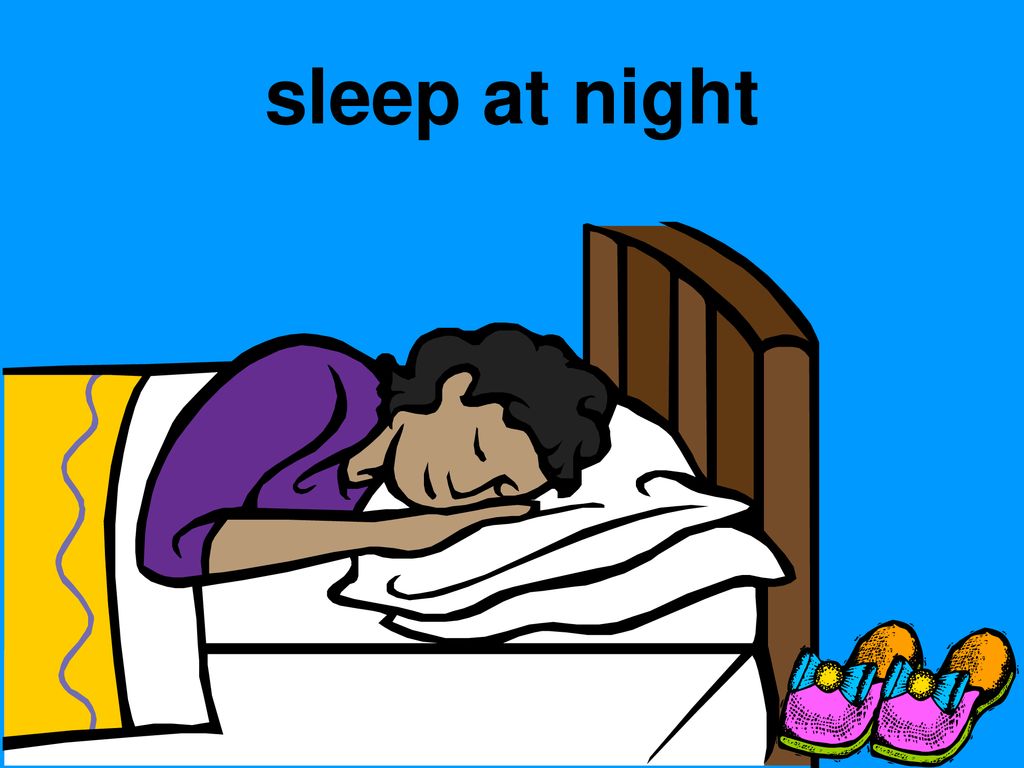
A small 2019 study found participants who took CBD improved their overall sleep scores by about 66 percent in the first month, but the result wasn’t consistent over time.
You can try over-the-counter (OTC) CBD oils, recipes, or check out our top CBD gummies for sleep.
Beyond your traditional “sleeping pill,” supplements like magnesium may help. Magnesium can fire up neurotransmitters that make you feel relaxed and tired. Taking 200 to 400 milligrams per day with food could help you zonk out.
Try drinking a cup of tea to get sleepy. Chamomile, lemon balm, passionflower, lavender, valerian root, and magnolia bark have all been tied to getting a better night’s sleep. As the latter varieties may not be as widely available, the OG sleepy-tea chamomile may be your best bet.
It’s hard to tell what sleep position you’re in if you toss and turn all night. People used to say that back sleepers had it best, but one study found that sleeping on your side was linked to better sleep.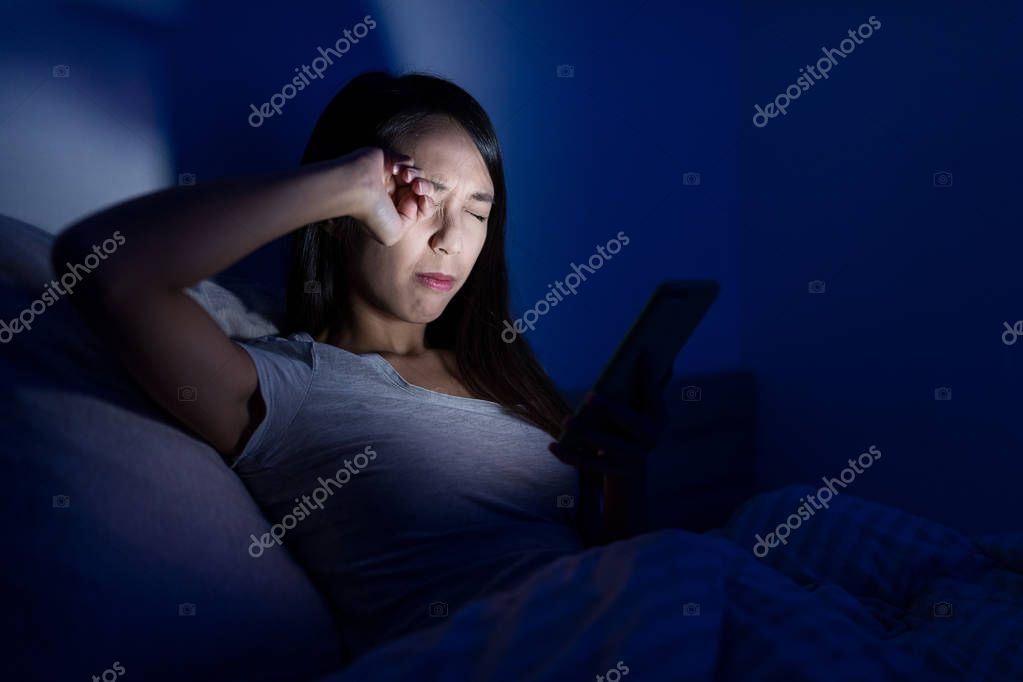
When in doubt, change things up to get more comfy.
The writers of Go the F*ck to Sleep were really onto something. That page-turner starting to make you dose off? Reading could help you sleep (at least it’s been shown to in children)!
Just make sure you ditch the tablet and use a paper book or magazine. That’s because electronic devices emit blue light that can zap your much-needed melatonin levels (the hormone that helps you sleep).
Need something to read? Check out Greatist Reads, the official Greatist book club.
Products containing melatonin have flooded the market because it’s a natural way to get some Zzz’s.
Taking 0.5 to 5 milligrams 2 hours before your desired bedtime could improve the quality of your sleep and morning alertness.
5 HTP is an amino acid your body produces naturally that can increase your serotonin levels, which has been associated with sleep regulation. As a supplement it also can convert serotonin into the sleep-linked hormone melatonin.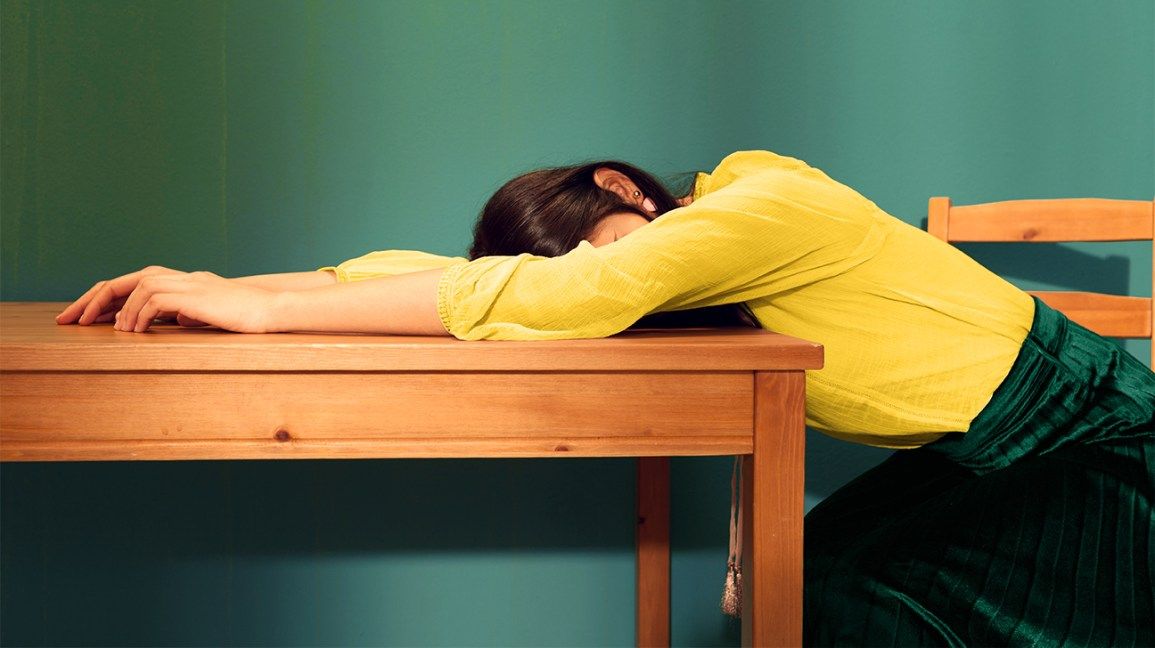
Taking 300 to 500 milligrams per day has been an effective treatment for insomnia.
Gamma-aminobutyric acid (code name GABA) is a compound made in your noggin that may help your central nervous system calm the eff down.
As a supplement, a dose between 250 to 500 milligrams (don’t go over 1,000!) is recommended.
This amino acid is known for its sedative-like properties, which can sound like a dream come true if you want to sleep. Also known as L-theanine, it can raise levels of GABA, serotonin, and dopamine — all neurotransmitters tied to sleep.
According to one report, taking 200 milligrams per day aids in relaxation. A 2019 study also found that theanine and GABA together worked well on sleep quality and duration.
A note on sleep supplements
Before heading into dreamland via a sleep supplement like melatonin, 5 HTP, GABA, or L-theanine take note: Supplements aren’t proven to be 100 percent effective for sleep.
The optimal dosage is questionable (and varies per person).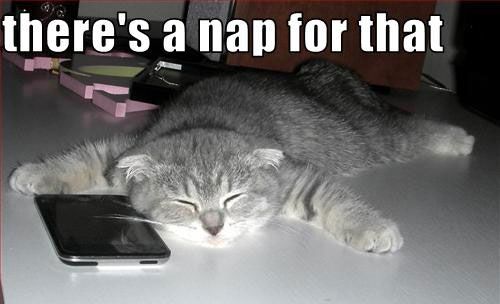 Plus, the best form to take that supplement like a chewable, dissolvable, pill, powder, etc., comes into play.
Plus, the best form to take that supplement like a chewable, dissolvable, pill, powder, etc., comes into play.
We also just don’t know if supplements (herbal or otherwise) can really cross the blood-brain-barrier and help us get to sleep freaky fast.
Whether you like sleeping in the buff, or you like to have a pre-sleep romp, both could help you conk out.
The feel-good cuddle hormones oxytocin and dopamine release after a sex sesh are known to help relaxation (aka why guys always pass out after sex). Sleeping nude can also help reduce your body temperature, which leads to better Zzz’s.
Got cold feet? If your feet feel like blocks of ice under the covers, it may be a good idea to put socks on. Cold feet cause less blood to circulate in your body, so keeping them toasty may signal to your brain that it’s time to shut down.
For optimum sleep, these techniques can’t work without getting enough sleep. You still need a good sleep foundation.
Sleep deprivation can make you feel terrible.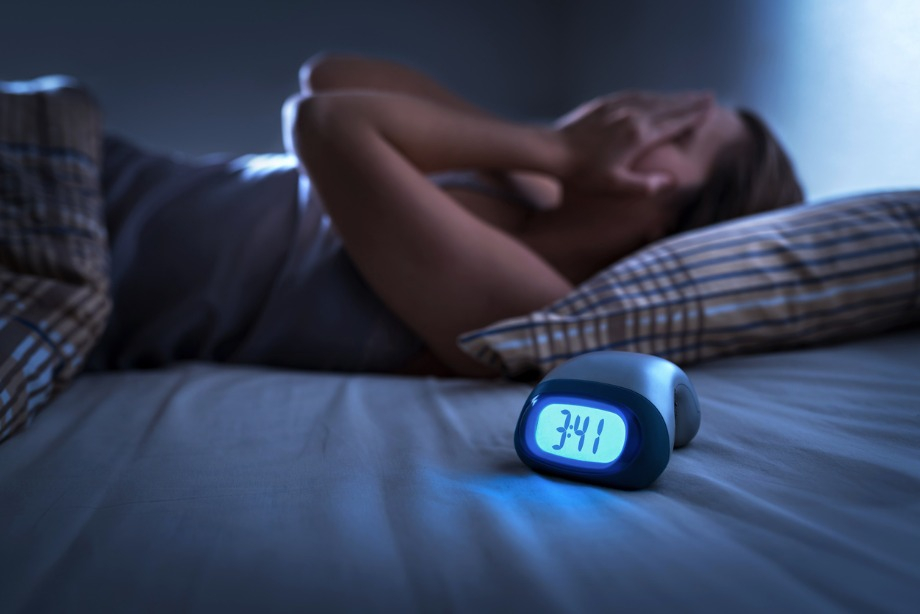 Have a hard time feeling drowsy on the regular or not getting any sleep? If that’s the case, something more serious may be behind your sleep probs.
Have a hard time feeling drowsy on the regular or not getting any sleep? If that’s the case, something more serious may be behind your sleep probs.
Some health conditions and scenarios that make it hard to feel tired include:
If you have a hard time getting to bed regularly, it may be time to see to your doc. A healthcare provider can really help you get to the root of the problem. And, help you figure out a long-term treatment plan for a good sleep foundation with CBT (cognitive behavioral therapy).
We include products we think are useful for our readers. If you buy through links on this page, we may earn a small commission. Here’s our process.
CE DSJ 8/6/20: Hi, Ashley. I noticed that several questions didn’t have a response, so I’m not sure if they’ve been addressed. Please review. Thanks.
Please review. Thanks.
Good sleep is incredibly important.
It helps you feel good and makes your body and brain function properly.
Some people have no problem falling asleep. However, many others have severe difficulty falling and staying asleep through the night.
Poor sleep can have negative effects on many parts of your body and brain, including learning, memory, mood, emotions, and various biological functions (1).
Here are 20 simple ways to fall asleep as fast as possible.
Your body temperature changes as you fall asleep. Your body cools down when you lie down and warms up when you get up (2, 3).
If your room is too warm, you might have a hard time falling asleep. Setting your thermostat to a cool temperature between 60–67°F (15.6–19.4°C) could help (4).
Individual preferences will vary, so find the temperature that works best for you.
Taking a warm bath or shower could also help speed up the body’s temperature changes. As your body cools down afterward, this can send a signal to your brain to go to sleep (5).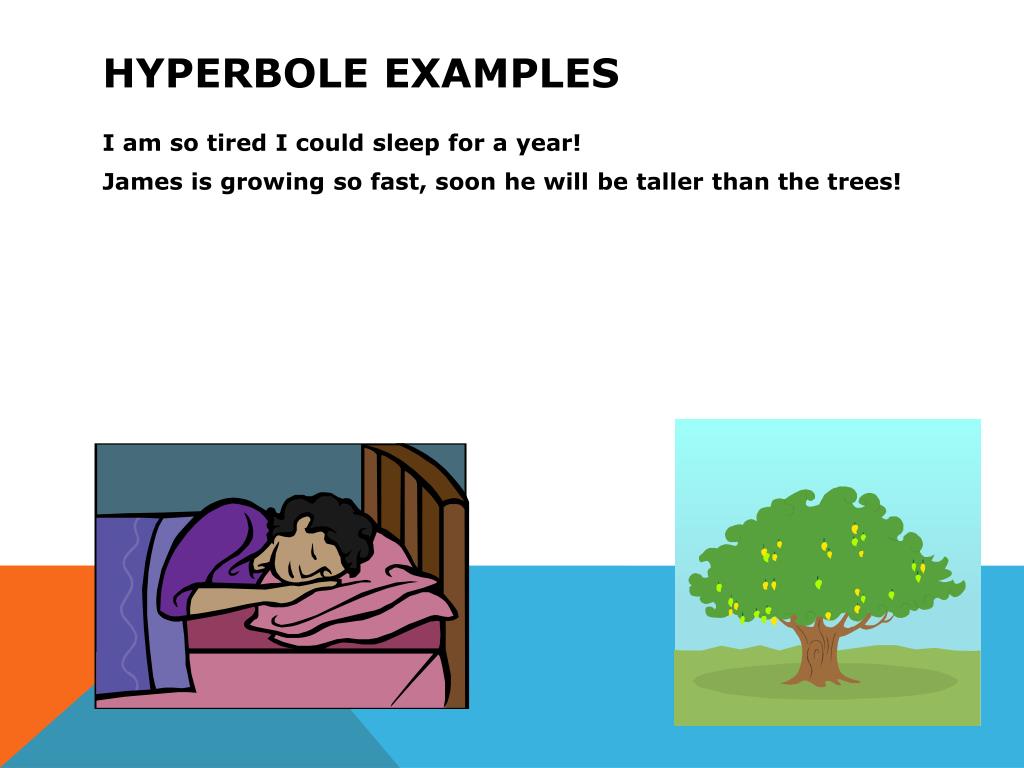
One literature review found that taking a hot bath or shower before bed could improve certain sleep parameters, such as sleep efficiency and sleep quality.
Sleep efficiency refers to the amount of time you spend asleep in bed as opposed to lying awake.
People who took baths or showers measuring between 104°F–108.5°F (40.0°C–42.5°C) 1 to 2 hours before bedtime experienced positive results.
They reported improvements in their sleep even if their baths or showers lasted for as little as 10 minutes.
More research is needed, but these findings are promising (6).
The “4-7-8” method that Dr. Andrew Weil developed is a simple but powerful breathing method that promotes calmness and relaxation. It might also help you unwind before bed (7).
It’s based on breath control techniques learned from yoga, and it consists of a breathing pattern that relaxes the nervous system. It can be practiced any time you feel anxious or stressed.
Here are the steps:

This technique can relax you and help you fall asleep quickly.
Many people find that setting a sleep schedule helps them fall asleep easier.
Your body has its own regulatory system called the circadian rhythm. This internal clock cues your body to feel alert during the day but sleepy at night (1).
Waking up and going to bed at the same times each day can help your internal clock keep a regular schedule.
Once your body adjusts to this schedule, it’ll be easier to fall asleep and wake up around the same time every day (8).
It’s also important to get 7 to 9 hours of sleep each night. This has been shown to be the optimal sleep duration for adults (1).
Lastly, give yourself 30–45 minutes to wind down in the evening before getting in bed. This allows your body and mind to relax and prepare for sleep (9).
Light can influence your body’s internal clock, which regulates sleep and wakefulness.
Irregular light exposure can lead to the disruption of circadian rhythms, making it harder to fall asleep and stay awake (10).
During the day, exposing your body to bright light tells it to stay alert. Both natural daylight and artificial light, such as the kind emitted from an e-reader, have this effect on your alertness (11, 12).
At night, darkness promotes feelings of sleepiness. In fact, research shows that darkness boosts the production of melatonin, an essential hormone for sleep. In fact, the body secretes very little melatonin during the day (13, 14).
Get out and expose your body to sunlight or artificial bright light throughout the day. If possible, use blackout curtains to make your room dark at night.
Shop for blackout curtains online.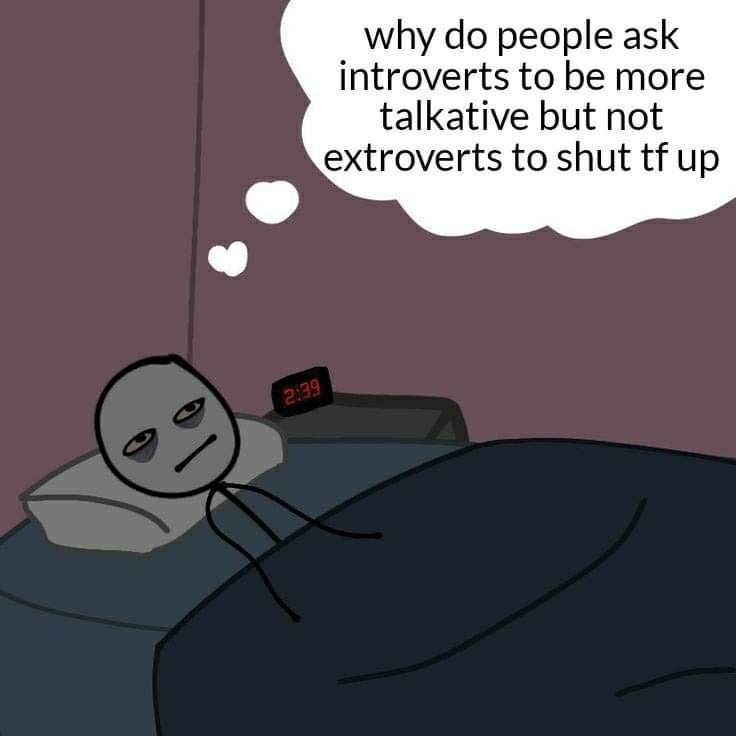
When people are stressed, they tend to have difficulty falling asleep (15).
Yoga, meditation, and mindfulness are tools to calm the mind and relax the body. Moreover, they’ve all been shown to improve sleep (15, 16, 17, 18, 19).
Yoga encourages the practice of breathing patterns and body movements that release stress and tension accumulated in your body.
Research shows that yoga can have a positive effect on sleep parameters such as sleep quality, sleep efficiency, and sleep duration (15, 16).
Meditation can enhance melatonin levels and assist the brain in achieving a specific state where sleep is easily achieved (17).
Lastly, mindfulness may help you maintain focus on the present, worry less while falling asleep, and even function better during the day (18, 19).
Practicing one or all of these techniques can help you get a good night’s rest and wake up reenergized.
It’s normal to wake up in the middle of the night. However, the inability to fall back asleep can ruin a good night’s rest (20).
People who wake up in the middle of the night often tend to watch the clock and obsess about the fact that they can’t fall back asleep.
Clock-watching is common among people with insomnia. This behavior may cause anxiety about sleeplessness (21).
To make matters worse, waking on a regular basis without falling back asleep may cause your body to develop a routine. As a result, you might find yourself waking up in the middle of the night every night.
If possible, it’s best to remove the clock from your room. If you need an alarm in the room, you can turn your clock and avoid watching it when you wake up in the middle of the night.
Due to poor sleep at night, people with insomnia tend to be sleepy during the day, which often leads to daytime napping.
While naps of short duration have been linked to improvements in alertness and well-being, there are mixed opinions about the effects of napping on nighttime sleep.
Some studies have shown that regular naps that are long (at least 2 hours), and late may lead to poor nighttime sleep quality and even sleep deprivation (22, 23).
In a study of 440 college students, the poorest nighttime sleep quality was observed in those who reported taking three or more naps per week, those who napped for more than 2 hours, and those who napped late (between 6 p.m. and 9 p.m) (22).
A 1996 study found that older adults who napped frequently had lower quality nighttime sleep, more depressive symptoms, and more limited physical activity. They were also more likely to be overweight than those who rarely took a nap (23).
A recent study of high-schoolers concluded that daytime napping led to shorter sleep duration and lower sleep efficiency (24).
Other studies have revealed that naps don’t affect nighttime sleep (25, 26).
To find out if naps are affecting your sleep, try either eliminating naps altogether or limiting yourself to a short nap (30 minutes or less) early in the day.
It seems that the food you eat before bed may affect your sleep. For example, research has shown that high-carb meals may be detrimental to a good night’s rest.
A review of studies concluded that even though a high-carb diet can get you to fall asleep faster, it won’t be restful sleep. Instead, high-fat meals could promote a deeper and more restful sleep (27, 28).
In fact, several older and newer studies agree that a high-carb/low-fat diet significantly decreased the quality of sleep compared to a low-carb/high-fat diet.
This held true in situations where the high-carb/low-fat diets and the low-carb/high-fat diets contained the same amount of calories (29, 30, 31).
If you still want to eat a high-carb meal for dinner, you should eat it at least 4 hours before bed so you have enough time to digest it (28).
Music can significantly improve quality of sleep. It can even be used to improve chronic sleep disorders, such as insomnia (32, 33).
A study of 24 young adults demonstrated that sedative music promoted deeper sleep (34).
Listening to Buddhist music may be another great tool for better sleep, as it can reduce the amount of time it takes you to fall asleep.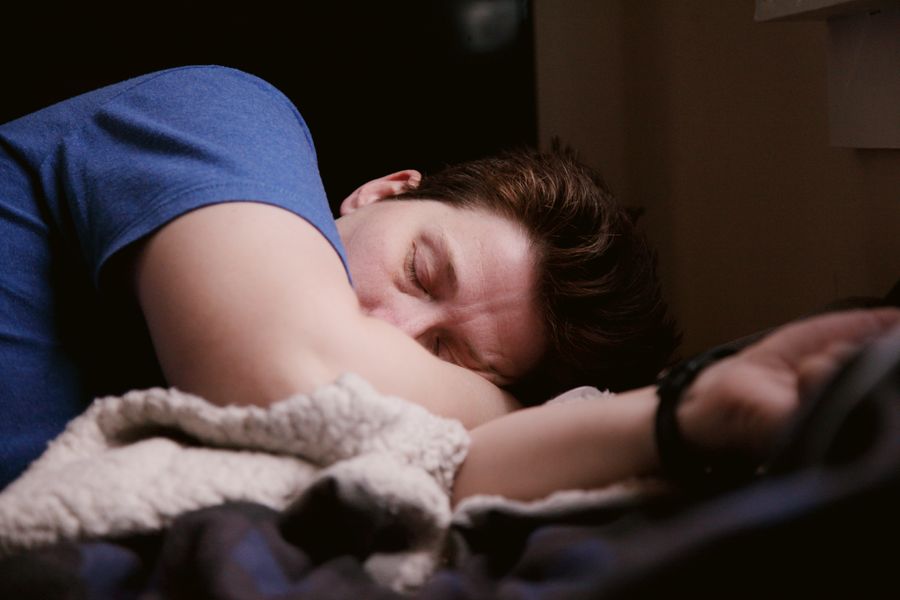 This parameter is known as sleep onset.
This parameter is known as sleep onset.
Buddhist music is created from different Buddhist chants and is used for meditation (35).
Another 50-person study revealed that those who were exposed to soothing music for 45 minutes at bedtime had a more restful and deeper sleep compared to those who didn’t listen to music (36).
Lastly, if relaxing music isn’t available, blocking all noise could also help you fall asleep faster and promote uninterrupted sleep (37, 38).
Physical activity is often considered beneficial to healthy sleep.
Exercise can increase the duration and quality of sleep by boosting the production of serotonin in the brain and decreasing levels of cortisol, the stress hormone (39).
However, it’s important to maintain a moderate-intensity exercise routine and not overdo it. Excessive training has been linked to poor sleep (40).
The time of the day when you exercise is also critical. To promote better quality sleep, working out early in the morning appears to be better than working out later in the day (41, 42).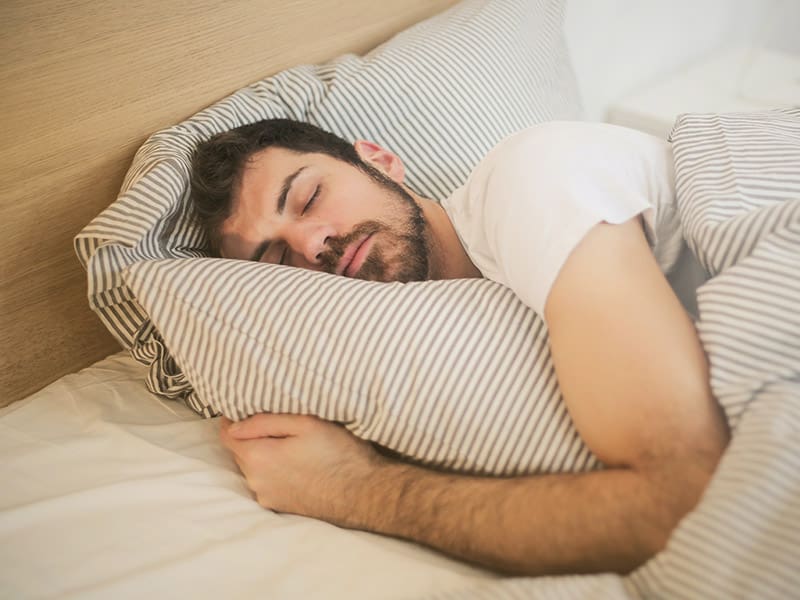
Therefore, moderate to vigorous exercise in the morning could significantly improve the quality of your sleep and how much sleep you get.
Get moving with activities like:
A comfortable mattress and bedding can have a remarkable effect on the depth and quality of sleep.
A medium-firm mattress has been shown to positively affect sleep quality and prevent sleep disturbances and muscular discomfort (43, 44).
The quality of your pillow is also crucial.
It can affect your:
One small study determined that orthopedic pillows may be better for sleep quality than feather or memory foam pillows (45).
Additionally, the use of a weighted blanket could reduce body stress and help improve your sleep (46).
Lastly, the fabric of the clothes you wear to bed can affect how well you sleep. It’s crucial that you choose comfortable clothing made of fabric that helps you keep a pleasant temperature throughout the night (47).
Products to tryHaving more comfortable bedding may make it easier for you to fall — or stay — asleep. Shop for bedding online:
- weighted blankets
- medium-firm mattresses
- orthopedic pillows
Using electronic devices late at night is terrible for sleep.
Watching TV, playing video games, using a cell phone, and social networking can make it significantly harder for you to fall — and stay — asleep (48, 49, 50).
This is partly because electronic devices emit blue light, which has been found to suppress melatonin (51, 52).
Using these devices also keeps your mind in an active and engaged state.
It’s recommended that you disconnect all electronics and put away computers and cell phones so you can ensure a quiet place, free of distractions.
You’ll be able to fall asleep much faster if you practice good sleep hygiene.
If you need to use your devices late in the evening, at least consider blocking the blue light with eyeglasses or a screen filter.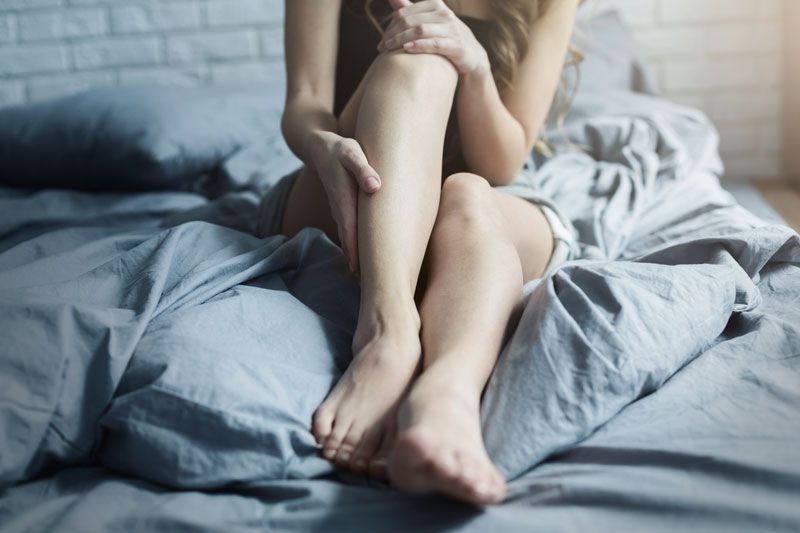
Shop for blue light blocking glasses or a blue light screen filter online.
Aromatherapy involves the use of essential oils. It’s commonly practiced by those who have trouble falling asleep, as it may help with relaxation.
A systematic review of 12 studies revealed that the use of aromatherapy was effective in improving sleep quality (53).
Popular scents with positive effects on sleep include:
Oil blends made with ingredients like lemon and orange were also effective at improving sleep quality (54, 55, 56, 57, 58, 59).
Although there are a variety of ways to use essential oils, many sleep studies are centered on inhalation aromatherapy.
An essential oil diffuser could be helpful in infusing your room with relaxing scents that encourage sleep.
Shop for essential oils online.
Some people have difficulty falling asleep because their thoughts keep running in circles. Research has shown that this can produce anxiety and stress, which can generate negative emotions and disturb sleep (60).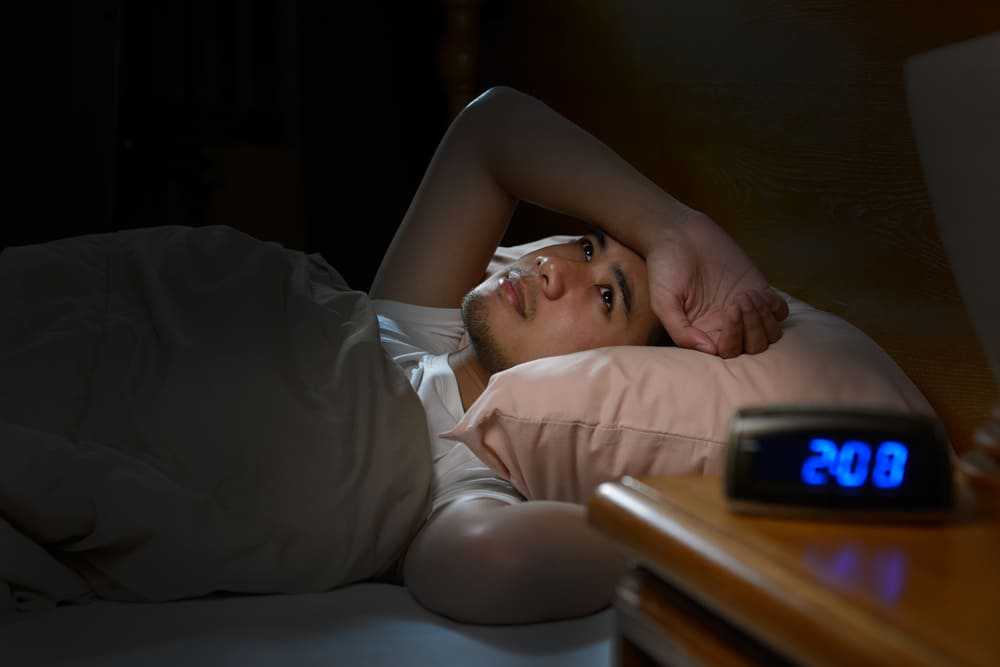
Journaling and focusing on positive thoughts can calm the mind and help you sleep better.
Writing down the positive events that happened during the day — or may happen in the future — can create a state of gratitude and happiness, downgrade stressful events, and promote more relaxation at bedtime.
In fact, a study of 41 college students found that journaling resulted in reduced bedtime worry and stress, increased sleep time, and improved sleep quality (60).
Practice this technique by setting aside 15 minutes every night to write about your day. It’s important to focus not only on the positive events of the day but also on how you feel at the time.
A different study found that writing a to-do list, if only for 5 minutes, was even more effective than journaling at helping young adults fall asleep faster (61).
Caffeine is widely used among people to fight fatigue and stimulate alertness. It can be found in foods and beverages like:
This stimulant can have disastrous effects on your sleep quality and sleep duration (62, 63).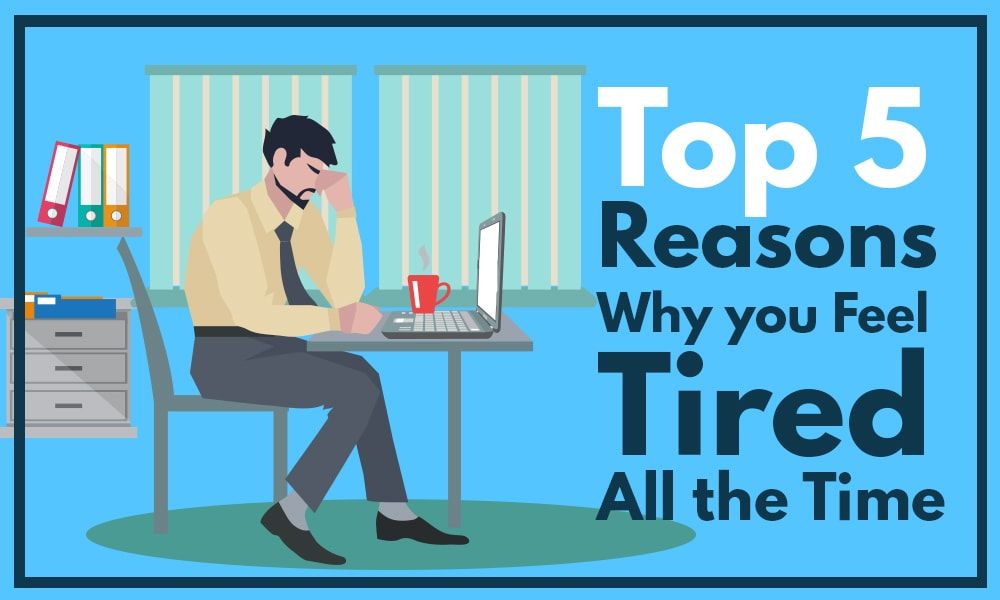
Although the effects of caffeine vary from person to person, it’s recommended that you refrain from consuming it at least 6 hours before bedtime (63).
Instead, you could drink a soothing tea like chamomile tea. It’s been shown to promote sleep and relaxation. Other bedtime teas that help sleep include passionflower and magnolia (64, 65, 66).
Good quality sleep may depend on your body position during the night.
There are three main sleeping positions:
Traditionally, it was believed that back sleepers had a better quality of sleep.
However, research has shown that this might not be the best position to sleep in, as it could lead to blocked airways, sleep apnea, and snoring (67).
Although individual preferences play an important role in choosing sleep position, the side position seems to be linked to high-quality sleep (68).
Reading could be a good activity to help you wind down before bed. At least for kids, it seems that bedtime reading may promote longer sleep (69).
At least for kids, it seems that bedtime reading may promote longer sleep (69).
However, it’s important to understand the differences between reading from an e-book and a traditional paper book.
Electronic books emit blue light, which reduces melatonin secretion. Lowered melatonin levels make it harder for you to fall asleep and cause you to feel tired the next day (70, 71).
Therefore, it’s recommended that you read from a physical book in order to relax and improve your sleep.
It’s believed that if you go to bed and try to force yourself to fall asleep, your chances of succeeding drop dramatically.
Instead, you can try paradoxical intention. This technique involves trying to stay awake instead of forcing yourself to sleep.
It’s based on the idea that the stress and anxiety produced by forcing yourself to fall asleep can prevent you from relaxing and snoozing.
Research is ultimately mixed, but some studies have showed that people who adopt this technique tend to fall asleep faster (72).
Instead of lying in bed worrying and thinking about stressful things, visualize a place that makes you feel happy and calm.
In one insomnia study, participants were able to fall asleep faster after they were instructed to use an imagery distraction (73).
This technique helped them occupy their mind with good thoughts instead of engaging with worries and concerns during the pre-sleep time.
Picturing and concentrating on an environment that makes you feel peaceful and relaxed can take your mind away from the thoughts that keep you up at night (60).
Certain supplements can help you fall asleep faster.
They’ve been shown to encourage sleep either by boosting the production of sleep-promoting hormones or by calming brain activity.
Supplements that can help you fall asleep include:
 It should be taken with food (74, 75).
It should be taken with food (74, 75). Doses of 250–500 mg and no more than 1,000 mg are recommended (83).
Doses of 250–500 mg and no more than 1,000 mg are recommended (83).Products to tryThe supplements above can help you sleep better and feel calmer. Shop for them online:
- magnesium
- 5-HTP
- melatonin
- L-theanine
- GABA
Having trouble falling and staying asleep is not only frustrating, but it can also affect your mental and physical health.
Using the techniques above can help you fall asleep quickly, while sleeping much better and having more energy the next day.
A sleepless night makes itself felt, and there is still a whole day of trouble ahead? Try to use these tips - they will not replace sleep, but they will definitely help to cheer up for a while.
Ksenia Ilchenko
If you have not slept well and feel very tired in the morning, try to exclude dishes containing “fast” carbohydrates from your diet that day.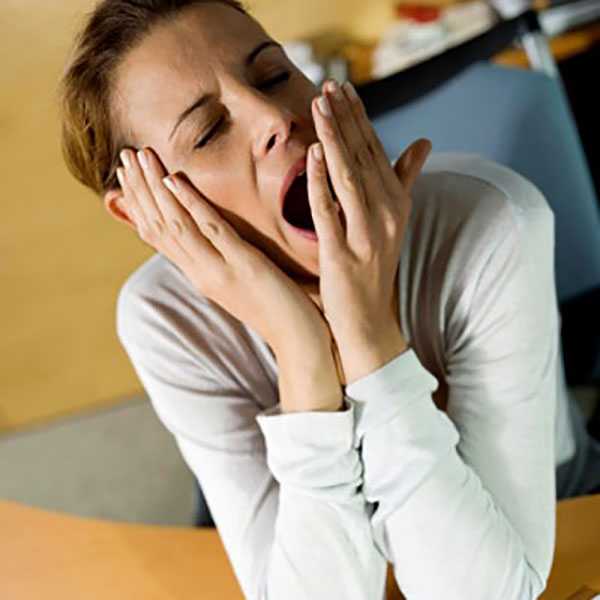 These are carbonated drinks, sweets, pastries, chips, pasta, sugar, honey and other products with a glycemic index over 55 units.
These are carbonated drinks, sweets, pastries, chips, pasta, sugar, honey and other products with a glycemic index over 55 units.
In the body, these carbohydrates are quickly converted into sugar and cause a sudden release of insulin. A person feels a sudden surge of strength, but soon begins to rapidly lose energy.
Complex carbohydrates, on the other hand, break down slowly. The level of sugar in the blood rises gradually, without sharp jumps, and the person receives an energy reserve that will last for a longer period of time. Incorporate foods containing complex carbohydrates into your daily diet - this will help you last until the next night without falling off your feet from fatigue.
Diet also plays a big role. Try not to eat up, but divide the daily amount of food into 5-6 meals. For a snack, apple, almonds, cashews and dried fruits are good.
If the situation allows, try to move as much as possible - get up from your desk at least every half an hour or an hour. With a long stay in one position (especially sitting), a person begins to feel drowsiness. This is due to a violation of circadian rhythms - natural human biorhythms that determine the sequence of periods of wakefulness and sleep.
With a long stay in one position (especially sitting), a person begins to feel drowsiness. This is due to a violation of circadian rhythms - natural human biorhythms that determine the sequence of periods of wakefulness and sleep.
If your eyes start to droop, get up and walk around the office, drink a glass of water, and preferably go outside for a few minutes.
During your lunch break, take a short walk in the park to oxygenate your body. This will help you feel much more energized.
Fatigue is one of the signs of dehydration. Water helps to maintain tone and energize. If this is exactly what you are missing, try to drink as much clean drinking water as possible - albeit in small volumes, but regularly.
Plus, a full bladder won't let you sit still - that's an extra move for you.
Do not try to hide from the sun. On the way to the office, walk along the sunny side of the street. At work, part the curtains or raise the blinds to let in as much light as possible into the room.
On the way to the office, walk along the sunny side of the street. At work, part the curtains or raise the blinds to let in as much light as possible into the room.
One of the main causes of chronic fatigue among residents of big cities is vitamin D deficiency.
Even 15-20 minutes in the sun is enough to replenish its daily supply and feel a surge of strength. Do not deprive the body of natural energy. Ultraviolet baths are also the prevention of tuberculosis, diabetes, skin, heart and vascular diseases.
Scientists have long proven the effect of smells on the functioning of the nervous system. The exact algorithm for the effects of essential oils is unknown, but studies have shown that some of them really relieve fatigue and give a feeling of cheerfulness. These are aromas of citrus (lemon, orange, grapefruit), rosemary, mint, bergamot, black pepper and patchouli.
To fill the room with pleasant aromas, use a special lamp or put a few drops of the product on a cotton swab and place it next to your workplace.
Water invigorates not only when taken orally. Washing hands and face also helps to relieve fatigue and feel cheerful.
If you feel like falling asleep, run your brushes under cold running water or apply a spray of thermal water to your face. You will immediately feel better - and at the same time moisturize your skin.
Use the Breath of Fire technique commonly practiced in yoga. This exercise helps relieve stress, increase lung activity, improve heart function, and regulate blood pressure.
The Breath of Fire technique should not be performed during pregnancy and menstruation, during pressure surges and on a full stomach (at least two hours must pass after eating).
Sit up straight, close your eyes (otherwise you will feel dizzy) and start inhaling and exhaling air through your nostrils.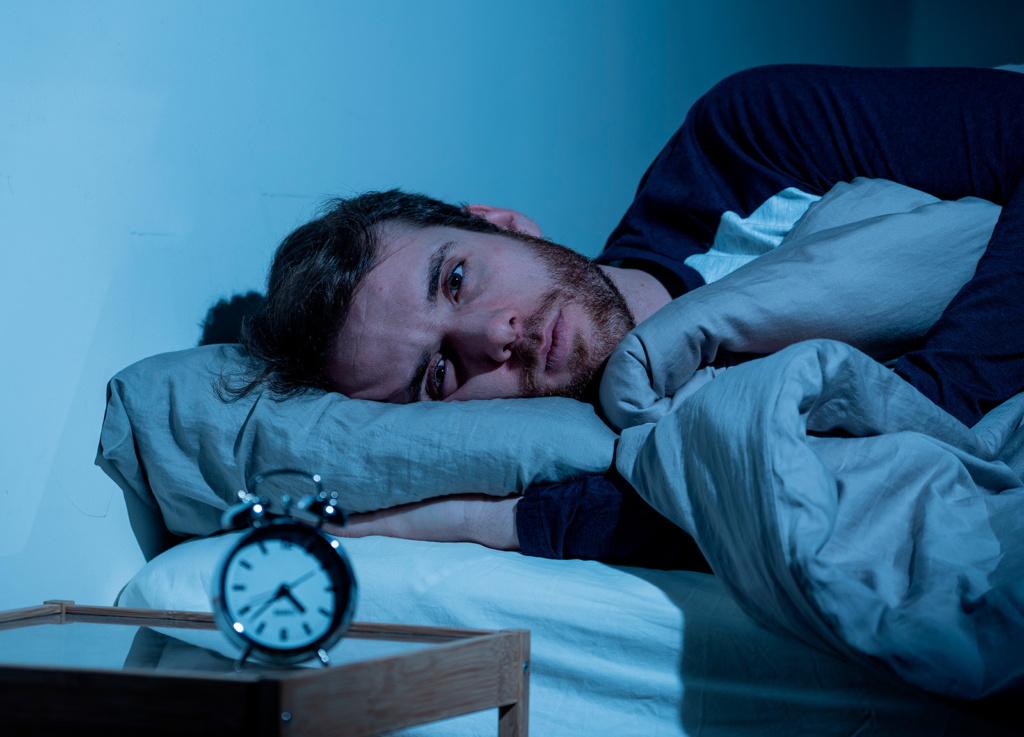 Breathing should be short and sharp. Move your stomach: on exhalation, sharply press it to the ribs, and on inhalation, stick it forward. In this case, the chest should remain as motionless as possible. For starters, 1-2 sets of 10 repetitions are enough. The number of breaths increases gradually as the technique is mastered.
Breathing should be short and sharp. Move your stomach: on exhalation, sharply press it to the ribs, and on inhalation, stick it forward. In this case, the chest should remain as motionless as possible. For starters, 1-2 sets of 10 repetitions are enough. The number of breaths increases gradually as the technique is mastered.
Photo: Getty images
September 22, 2015Productivity
It is difficult to stay energetic and focused for eight hours at work - in the afternoon there is often a decline in productivity. We'll show you where to get your much-needed energy for work, how to make the most of your moments of maximum focus, and how to get through your day's productivity dips.
Iya Zorina
Lifehacker Author, Athlete, CCM
Share
0 “It's unrealistic to expect to be at work all day,” says Carson Tate, author of a book on productivity.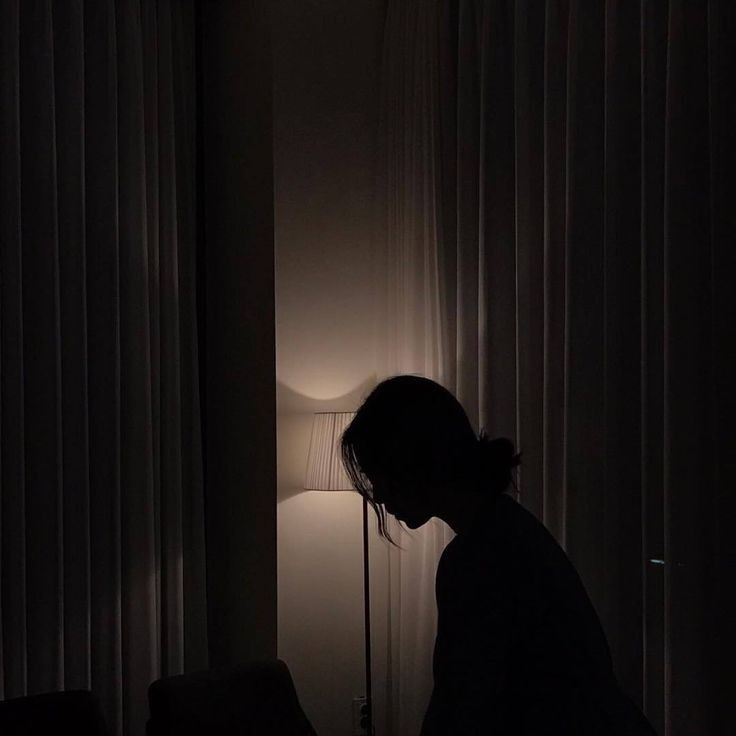 “Just as you wouldn’t expect to be able to walk at a fast pace for eight hours straight, don’t expect yourself to be completely focused and strategically thinking for such a long time.”
“Just as you wouldn’t expect to be able to walk at a fast pace for eight hours straight, don’t expect yourself to be completely focused and strategically thinking for such a long time.”
Even worse, some of us still don't get enough sleep: we come to work with less than six hours of sleep a night. This is clearly not enough for high productivity during the day, and the consequences of lack of sleep can greatly harm the work.
Here are some tips to help you feel more energetic during your work day.
"There are several optimal times for creative tasks and work that requires concentration," says Christopher Barnes, assistant professor of management at the University of Washington Business School. “Most people think better in the middle of the morning and late in the evening.”
You must adjust your circadian rhythms and work schedule, make a list of tasks depending on the ups and downs of activity during the day.
Tate advises doing "any job that requires attention to detail," such as writing, making big decisions, or programming, during high energy hours.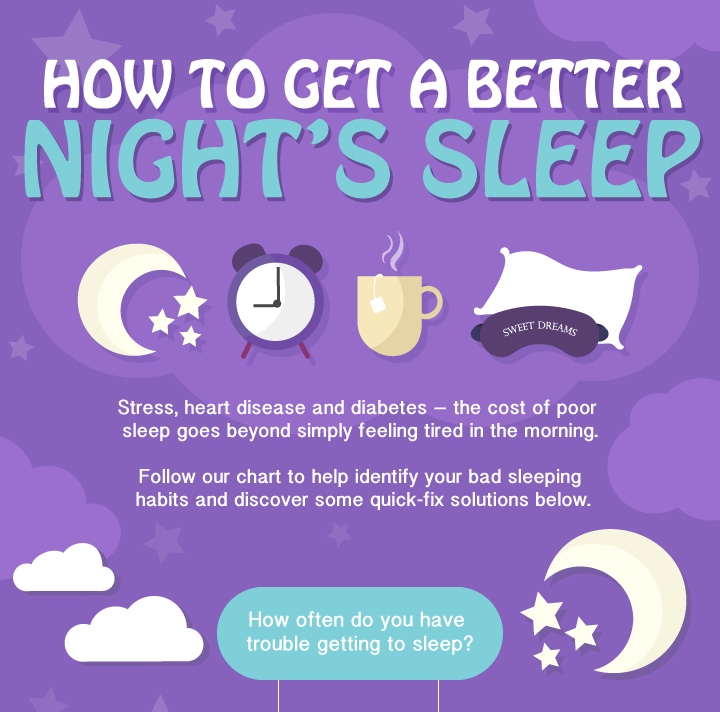 And during a decline in energy, you can take on tasks that do not require special concentration: checking mail, filling out expense reports, making phone calls. In other words, perform tasks that can be done automatically.
And during a decline in energy, you can take on tasks that do not require special concentration: checking mail, filling out expense reports, making phone calls. In other words, perform tasks that can be done automatically.
Any kind of physical activity temporarily increases alertness and energy levels.
Move for just 10 minutes and your energy and ability to concentrate will increase significantly.
Carson Tate
You can walk around the office building, go up and down the stairs a few times, jump or push up a few times, stretch right at your desk. The main thing here is the movement, which helps to fill the body with oxygen and relieve fatigue, both physical and mental.
If you have a meeting scheduled, you can do it on the go, taking your employees or partners for a walk. And think about how you can build physical activity into your weekly schedule. "If you move regularly," says Burns, "your normal energy level goes up.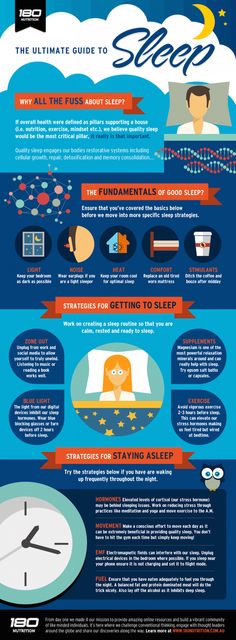 "
"
Steve Jobs did this for many years. Ray Dalio, head of the world's largest hedge fund, Bridgewater Associates, said it makes him feel like a ninja in combat. What is their secret weapon? Meditation.
Concentration exercises are a great way to recharge your energy throughout the day. Research shows that even a few minutes of meditation a day can reduce stress levels and increase a tired brain's ability to concentrate. This is a period of rest during which people stop worrying, which in turn saves a lot of energy.
It is also important to watch your breathing during meditation. Five to seven deep belly breaths will provide enough oxygen to keep you alert and energized.
Drinking coffee often seems to help with afternoon sleepiness. "Coffee doesn't really give you energy," Burns says. “Caffeine just masks lethargy and low concentration by blocking the chemical reactions in the body that make you feel tired. ”
”
Although it works for a while, caffeine, like other drugs, soon wears off. You get less and less effect, and you need more and more coffee just to work normally.
So don't get hooked on coffee, use it rarely, only when you really need extra energy, for example at an important meeting once a month, if you hardly slept the night before. Coffee at three in the afternoon should not become a habit.
Music is a great way to both cheer up and calm down. Just as you use music to keep you energized during your workout, you can energize yourself with your favorite track at work.
Which music is best suited for this depends on your tastes. Someone prefers fast rhythms to maintain energy, someone prefers calm compositions that help clear the mind and concentrate.
If lyrics distract you, try listening to instrumentals in different styles. Sooner or later you will find your ideal "working" tracks.
If you sit at your computer, tablet or smartphone at night, you will have less energy the next day. Blue light from the screens of gadgets and computers reduces the production of melatonin, a substance that provides the body with healthy sleep.
Blue light from the screens of gadgets and computers reduces the production of melatonin, a substance that provides the body with healthy sleep.
“It's very important to avoid using your smartphone or tablet two hours before bed,” says Burns. “The worst thing you can do is use your smartphone while lying in bed.”
If you need to do something important at night - check your mail or read something, use apps like Twilight for smartphones, and f.lux for computers, so that at night the display begins to emit red light instead of blue. Or buy orange Uvex glasses or similar models from other brands that block blue light from the screens.
This is a simple rule that can't be helped. To feel energetic and cheerful during the day, you need to sleep well at night.
“If you want to be good at something, go to bed,” says Tate.
“Sleep is the number one predictor of success,” agrees Burns. “People think that five or six hours of sleep is enough for them and everything will be fine. But even a small lack of sleep will have a noticeable negative effect.”
But even a small lack of sleep will have a noticeable negative effect.”
A study conducted in 2009 found that people who sleep five hours a night for four days, significantly inhibited cognitive function. When performing the simplest tasks, they showed the level of efficiency characteristic of drunk people with an alcohol level of 0.6 ppm (for men of average weight, this is two bottles of beer).
If you regularly get eight hours of sleep a night, energy drops will be less severe and easier to control.
Let's summarize the main principles.
What to do:
Do's and Don'ts:
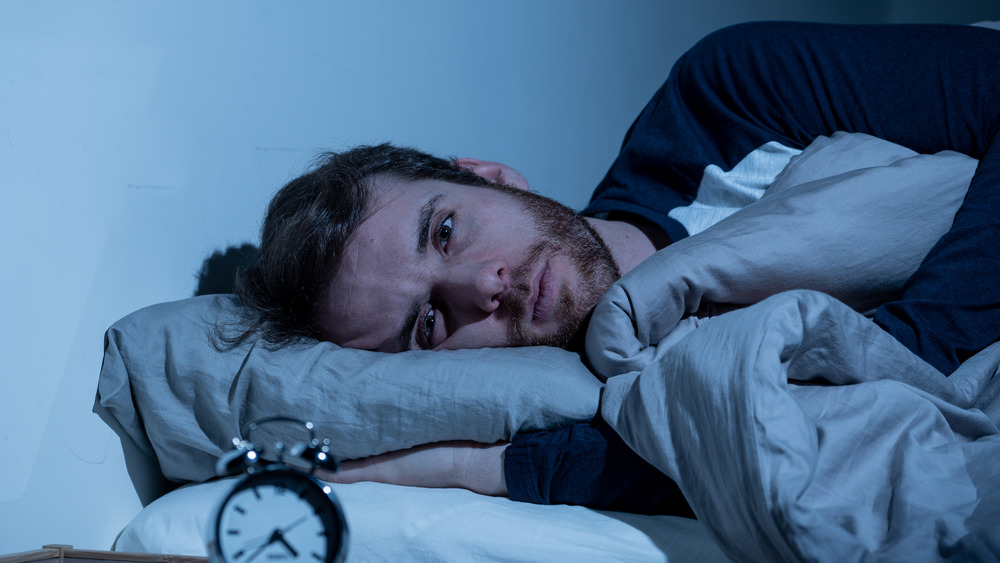
And now for some real examples of how the above methods helped to cope with fatigue during the day and get more done.
Dan Scalco often struggled with afternoon fatigue. As the CEO of Digitalux, a digital marketing company based in Hoboken, NJ, Dan worked 12-hour shifts, managing customer situations and managing his team.
He tried taking supplements and multivitamins, going to the gym, even trying occasional short naps in the office to regain his energy. But nothing helped him cope with the afternoon fatigue.
Then he became interested in what strategies helped successful businessmen, and found that many of them use meditation practices.
At first he was skeptical, because he always saw meditation as a frivolous activity that only hippies are interested in.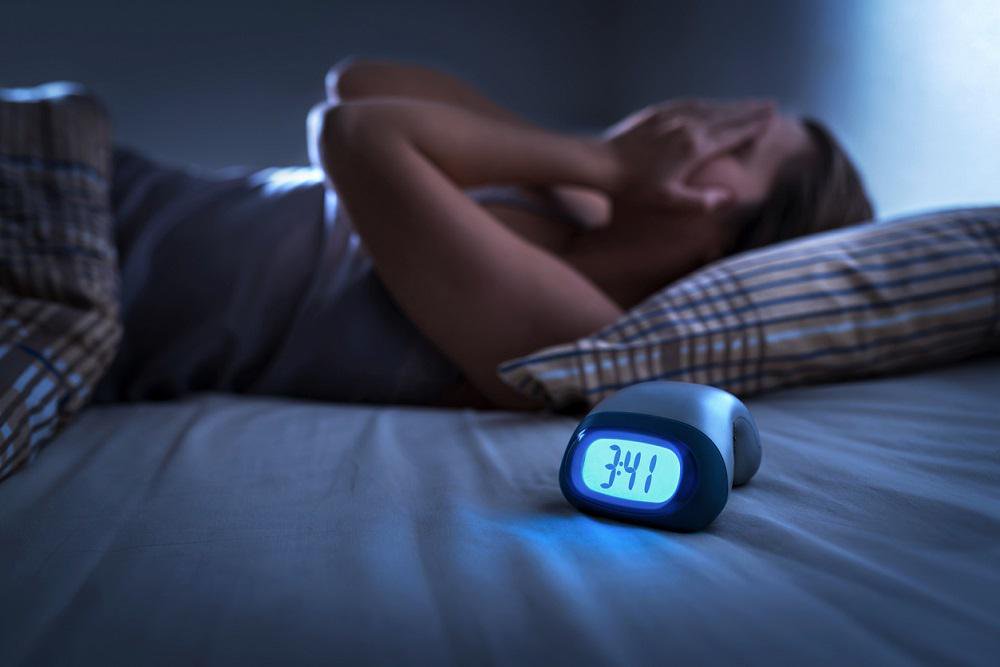 But the more he read about its benefits, the more he wanted to try it.
But the more he read about its benefits, the more he wanted to try it.
The effect of meditation followed immediately. Dan felt more energized, his stress levels decreased, and his focus increased while interacting with clients and the team.
Now he tries to meditate for at least 15-20 minutes, usually between 2:30 pm and 3:00 pm. He sits on an office chair, puts his hands on his knees, closes his eyes and repeats a mantra to himself.
“It's like taking a 20-minute vacation every day,” he says. “Afterward, I feel like my brain has been recharged. I can honestly say that meditating at least once a day has changed my life. She gave me inexhaustible reserves of energy and greatly increased my productivity.
Ryan Hulland was terribly tired. Vice president and co-owner of Monitoring Management (MonMan), an electrical and HVAC supplier, he spent long weeks at work trying to expand the business. And in the evenings, he helped put his three-year-old child to bed, after which he again returned to the computer to finish the work.
And in the evenings, he helped put his three-year-old child to bed, after which he again returned to the computer to finish the work.
He started drinking more coffee and energy drinks, but found that they did not provide a consistent effect over time.
Ryan tried to go for a walk regularly, usually after lunch. He realized that physical activity helps him to be more alert and encourages creative ideas. But when he returned from a walk refreshed and full of energy, he often had to solve routine tasks from his to-do list, which instantly negated the positive effect of the walk.
Then he began to write his to-do list on an office whiteboard and divide it into three columns. The first column, "Fun," included activities that required creativity, such as writing articles for the company's blog. The second column, "Stuff," included more routine tasks that didn't require concentration or much mental activity, such as filling out paperwork. And the third column - "Urgent" - included things that needed to be done, no matter how he felt.
I tried to relate the things on my list to how I feel at a particular time. When I have a lot of energy, I like to do interesting creative tasks, and when fatigue sets in, I do boring, routine things.
Ryan Halland
Ryan says that with his new to-do list format, he gets better results and gets more done when his energy is high. And instead of mindlessly surfing the Internet during periods of fatigue, he performs routine tasks from his "Stuff" column.
“Now it rarely happens during the day that I don't have anything to do,” he says. At the same time, Ryan works the same hours as before his experiment with speakers, but spends this time 20-30% more efficiently. And when he comes home at night, he feels less tired than before.
As you can see, there is no universal way. Meditation helps someone, someone works better by rationally distributing tasks. Try all the ways, and you will surely find something that will help you cope with fatigue in the afternoon.